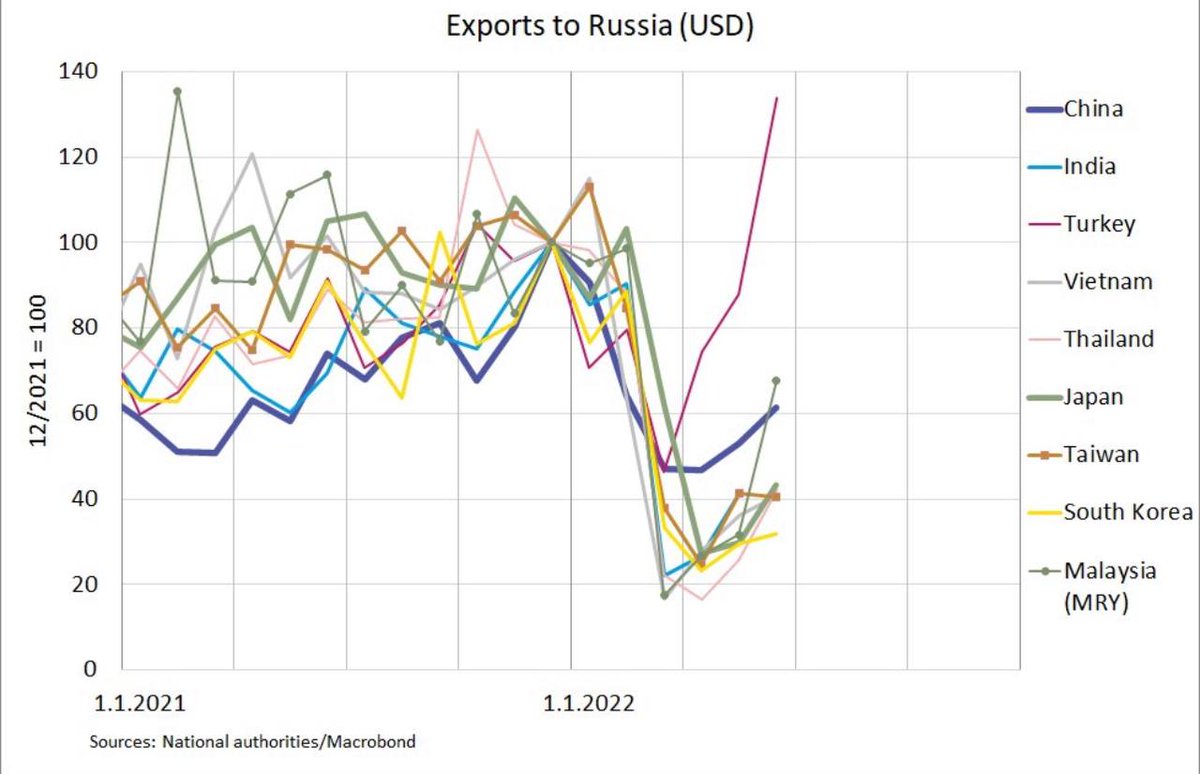
I saw a grain of a factual counterpoint in your comment, so I'll answer
I think you are delusional. This war won't end with some moral catharsis with all the bad guys punished proportionately to their guilt. Nope. The unlucky ones will. But that's only because they're unlucky
I think you are delusional. This war won't end with some moral catharsis with all the bad guys punished proportionately to their guilt. Nope. The unlucky ones will. But that's only because they're unlucky
https://twitter.com/maximum_sertsya/status/1560369362074230785
I understand that you would like to interpret some war criminal getting a shell to his trench as a moral retribution. But it isn't. He just was unlucky enough to get a shell, that's it. Were he more lucky, he would return home with a handsome loot
*Any* regimes that may emerge on the territory of the Russian Federation or what used to be the Russian Federation will have to employ people with guns. And they will depend upon those who either fought in Ukraine, or guarded the Putin's regime back at home. That's reality
*Any* regime change in Russia will depend upon the explicit/implicit help of people with guns. A successful regime change includes a nonzero element of the military coup. Like it was in 1991. If those with guns stand by the regime faithfully, regime won't change. That's reality
Now let's forget about those with guns. Let's look at the general population. The elderly have been the main electorate of Putin for years. And in Russian conditions, the elderly = grannies. They were electing Putin again and again. Will they be punished for what they did? No
This war absolutely can have a positive conclusion. But it won't end with some Domesday with all the guilty punished proportionately. Those that will suffer, will suffer without any regard to the measure of their guilt. Because they're unlucky and not because they're guilty
Consider the following. A 18 y.o. Russian conscript KIA bears *some* guilt. But I will argue that his guilt is less than that of his parents. A soldier had not had much time to make a change. He burnt alive. His parents had plenty of time to make a change. They get a white car
There will be no Domesday, no moral retribution, only some of the guilty ones will suffer and they will suffer with no regard to the measure or nature of their guilt. It just gonna happen to the unlucky ones. And turn off the Netflix, please
• • •
Missing some Tweet in this thread? You can try to
force a refresh









